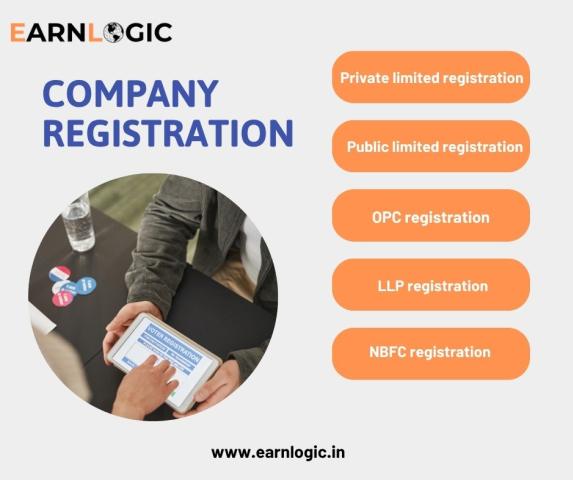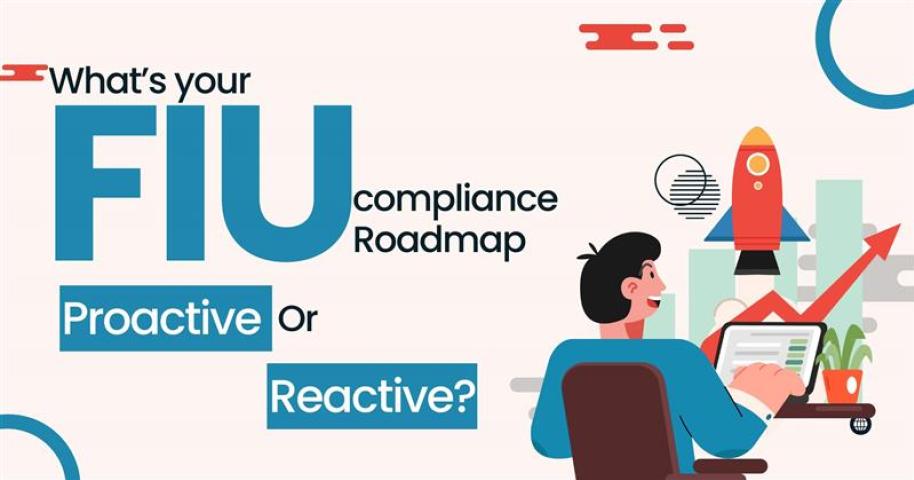A Limited Liability Partnership (LLP) is a preferred business structure for entrepreneurs seeking a combination of flexibility and legal protection. While the process of LLP Registration in India has been streamlined, common mistakes can derail the journey, leading to delays, additional expenses, or even rejection. This guide explores key pitfalls to avoid during LLP Incorporation and offers expert tips to ensure a smooth process.
1. Skipping Proper Research on LLP Registration Requirements
Understanding the basics of LLP Registration is
crucial before diving into the process.
- Pitfall: Overlooking eligibility
criteria or assuming it is identical to private limited company
registration.
- Tip: Familiarize yourself with
requirements like having at least two designated partners, a registered
office address, and compliance with the Companies Act.
2. Misinterpreting LLP Registration Documents Needs
Accurate documentation is the backbone of successful LLP Registration Online.
- Pitfall: Missing or incorrect documents
like address proof, identity verification, or DSC (Digital Signature
Certificate).
- Tip: Prepare a checklist of
mandatory documents:
- PAN
cards and Aadhar cards of all partners.
- Address
proof of partners (utility bill, bank statement).
- Registered
office proof (rental agreement or property deed).
3. Choosing an Invalid or Conflicting Name
The name of your LLP plays a crucial role in securing
approval from the Ministry of Corporate Affairs (MCA LLP Registration).
- Pitfall: Selecting a name already
registered or non-compliant with naming conventions.
- Tip: Conduct a thorough name
availability search on the MCA portal and adhere to naming guidelines,
ensuring the name reflects the nature of the business and includes “LLP.”
4. Ignoring the Importance of the LLP Agreement
An LLP Agreement is the foundation of how your
partnership operates. Many entrepreneurs overlook its significance.
- Pitfall: Using a generic agreement or
failing to execute it correctly.
- Tip: Draft a detailed agreement
outlining roles, profit-sharing, dispute resolution, and operational
guidelines. Ensure it is stamped and notarized as per state laws.
5. Underestimating LLP Registration Fees and Costs
While LLP Registration Fees in India are relatively
low, hidden costs can add up.
- Pitfall: Failing to budget for stamp
duty, professional fees, and post-incorporation compliance.
- Tip: Account for all potential
costs, including:
- Government
filing fees.
- Charges
for obtaining DSC and DIN (Director Identification Number).
- State-specific
stamp duty on LLP agreements.
6. Overlooking Startup India Registration Benefits
For startups, Startup India Registration offers
valuable incentives, yet many LLPs miss out on this opportunity.
- Pitfall: Not applying for DPIIT
Recognition under the Startup India scheme.
- Tip: If your LLP meets the
eligibility criteria, register for Startup India to access tax
exemptions, funding support, and mentoring programs.
7. Errors in Filing the Incorporation Form (FiLLiP)
The FiLLiP (Form for Incorporation of Limited Liability
Partnership) is central to the registration process, and errors here can
lead to rejection.
- Pitfall: Entering incorrect partner
details or incomplete information.
- Tip: Double-check every section of
the form before submission and ensure DSCs are attached for all partners.
8. Not Registering for an Import Export Code (IEC)
If your LLP plans to engage in international trade, IEC Registration is mandatory.
- Pitfall: Skipping IEC application during
or after LLP incorporation.
- Tip: Obtain your IEC from the
Directorate General of Foreign Trade (DGFT) to facilitate smooth
cross-border business.
9. Neglecting MCA Updates and Notifications
MCA frequently updates rules related to LLP Registration
in India, which can impact your application.
- Pitfall: Filing forms based on outdated
guidelines or missing deadlines.
- Tip: Regularly check the MCA portal
for the latest circulars and updates.
10. Using an Incorrect Registered Office Address
Your LLP’s registered office address must comply with legal
requirements.
- Pitfall: Using temporary addresses or
failing to submit proof.
- Tip: Provide a valid, permanent
address and supporting documents, such as a utility bill, rent agreement,
or NOC from the property owner.
11. Mismanagement of Post-Incorporation Compliance
Securing the LLP Registration Certificate is only the
first step. Many businesses falter in maintaining compliance.
- Pitfall: Missing deadlines for filing
annual returns or income tax compliance.
- Tip: Stay on top of
post-registration requirements like Form 8 (Statement of Accounts) and
Form 11 (Annual Return).
12. Assuming LLP Registration Online is Error-Free
While the online registration process is convenient, errors
can still occur.
- Pitfall: Relying solely on automated
processes without verifying details.
- Tip: Review all submissions
carefully and seek professional help if needed.
13. Not Understanding the LLP Registration Full Form and Its
Scope
Many entrepreneurs confuse the scope of an LLP with other
business structures.
- Pitfall: Failing to realize that LLP
stands for Limited Liability Partnership, which offers limited
liability and flexibility unlike sole proprietorships or companies.
- Tip: Assess your business needs and
advantages like limited liability, fewer compliance requirements, and tax
benefits before registering.
14. Attempting DIY Registration Without Expertise
Navigating the complexities of LLP Registration
without prior experience can lead to mistakes.
- Pitfall: Overlooking essential steps due
to a lack of understanding.
- Tip: Engage professionals or
consultants who specialize in LLP and MCA filings to ensure accuracy and
compliance.
15. Failing to Maintain Digital Signatures
Digital signatures are a cornerstone of LLP Registration
Online, but their maintenance is often neglected.
- Pitfall: Allowing DSCs to expire or
using incorrect credentials.
- Tip: Renew your DSCs on time and keep them secure for future filings and compliance.
Conclusion
Registering an LLP in India is a straightforward yet
meticulous process. Avoiding these common pitfalls ensures a hassle-free
journey from application to securing the LLP Registration Certificate.
By staying informed, maintaining accurate documentation, and leveraging
professional assistance, entrepreneurs can lay a strong foundation for their Limited Liability Partnership and focus on growing their business.
















